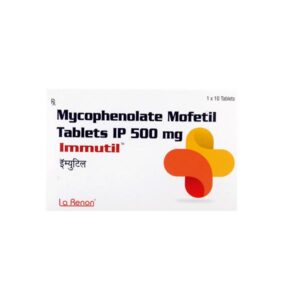Description
Product introduction
Pyrabrain Syrup is used in the treatment of memory loss in Alzheimer’s disease. It can also be used to treat age-related and post-traumatic memory loss. It works by improving communication between the nerve cells and protects the brain.
Pyrabrain Syrup is sometimes used to help manage sickle cell disease. It can reduce the number of painful episodes called vaso-occlusive crises by improving blood flow and preventing blood cells from sticking together.
Pyrabrain Syrup should be taken by mouth with or without food. It is advisable to take this medicine at the same time each day to maintain a consistent level in the blood. Do not skip any doses and finish the full course of treatment even if you feel better. This medication mustn’t be stopped suddenly, as it may result in twitching or jerking movements, and even relapse of the disease may occur.
Some common side effects of this medicine include nervousness and abnormality of voluntary movements. It may also cause dizziness and sleepiness, so do not drive or do anything that requires mental focus. This medicine may cause weight gain; therefore, you should have a balanced diet and exercise regularly.
This medicine can affect platelet aggregation, so inform your doctor if you have bleeding problems or if you are on medications that help make blood thin. Pregnant and breastfeeding women should consult their doctors before taking this medicine.
Uses of Pyrabrain Syrup
- Loss of Memory in Alzheimer’s disease
- Post-Trauma or Age related memory loss
- Treatment of Post-Trauma Vertigo
- Stroke
- Dementia in Parkinson’s disease
- Head injury
Benefits of Pyrabrain Syrup
In Treatment of Post-Trauma Vertigo
Side effects of Pyrabrain Syrup
Common side effects of Pyrabrain
- Weight gain
- Nervousness
- Abnormality of voluntary movements
How to use Pyrabrain Syrup
How Pyrabrain Syrup works
Safety advice

Alcohol

Pregnancy

Breast feeding

Driving

Kidney

Liver






 Voglistar GM2 Tablet ER
Voglistar GM2 Tablet ER  Glimisave MV 3.3 Tablet SR
Glimisave MV 3.3 Tablet SR  Acitrom 2mg Tab
Acitrom 2mg Tab  Tenlimac M500
Tenlimac M500  Trajenta 5mg Tablet
Trajenta 5mg Tablet  Glyciphage SR 500 mg Tablet
Glyciphage SR 500 mg Tablet  Gemer Forte 1 Tablet PR
Gemer Forte 1 Tablet PR  Teniva -M Tablet
Teniva -M Tablet
Reviews
There are no reviews yet.